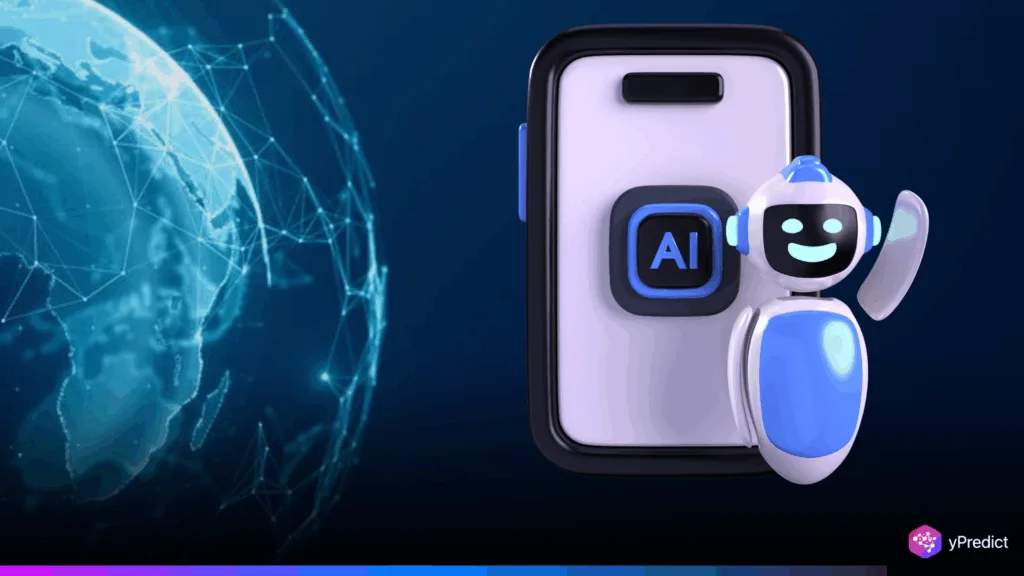
Google is setting the stage for a breakthrough in digital productivity with the launch of its next-generation Google AI Assistant shortly before the highly anticipated I/O 2025 developer conference. In a post on X, Google VP Josh Woodward revealed that Gemini is being redesigned as a highly customized, proactive, and incredibly powerful assistant.
How Will Google AI Assistant Redefine Personal Use?
Google AI Assistant is built with personalization at its core and can comprehend context like never before. This feature, which the assistant internally refers to as “pcontext,” allows it to learn from previous interactions and behavior within Google services. To provide a more user-friendly assistant experience, Gemini will modify its answers and recommendations. It will be done by processing user data, only with permission. Gemini seeks to save users’ time through smooth integration. This will be by bringing up pertinent images or suggesting meeting times from the Calendar.
Another standout feature is the assistant’s proactive intelligence. Gemini will now automatically present tasks, reminders, or insights, moving past the reactive nature of previous assistants. By anticipating user needs before being asked, the assistant effectively reduces time. This enables users to continue being productive without constant input. This change marks a significant advancement in the way users interact with digital assistants.
Next-Level Capabilities Fuelled by DeepMind Intelligence
Supported by Google DeepMind, the assistant makes use of Gemini 2.5 Pro, which is Google’s advanced AI model. As a result, Gemini can manage intricate workflows, write code, and summarize documents, among other complex tasks. The assistant has developed into a digital collaborator that can generate useful output in a variety of formats.
Google is already making Gemini available to students in the United States to scale this innovation, and wider access is anticipated worldwide. The assistant provides high-performance responses because of Tensor Processing Units (TPUs) while remaining cost-free to users. On personal devices, it is possible to provide an enterprise-level experience thanks to this feature.
Woodward announced several Gemini updates, including Gemini 2.5 Flash, LaTeX support for documents, an image upload and editing suite, and the Veo 2 video generation tool. In addition to increasing functionality, these new tools demonstrate how quickly the assistant is developing.
Where Is Google AI Assistant Heading Next?
As the company prepares for the next Google I/O, it promises more Gemini updates that push the limits of utility and personalization. A new newsletter for Gemini Advanced users suggested more on-device task execution and deeper integration with system apps. This is in line with the assistant’s transition to more autonomously performing tasks and real-world utility.
A new standard for AI-powered assistants is set by their ability to manage tasks, anticipate user needs, and connect apps with ease. At I/O 2025, Google is anticipated to make more announcements. They probably go into detail about improvements to third-party support and system-wide functionality.
Google is creating a strong future by incorporating its services with advanced models from Google DeepMind and regularly releasing Gemini updates. Google AI Assistant is poised to lead this evolution as consumers seek out tools that are easy to use.
What Makes Gemini the Assistant of Tomorrow?
Google AI Assistant stands out as the company’s most ambitious assistant to date as the I/O 2025 conference draws near. It demonstrates the tech giant’s dedication to smarter, frictionless computing by combining deep learning, Google DeepMind innovation, and user-focused design. As more Gemini updates and improved features are planned, Gemini is becoming the way of the future for how we work and engage with technology.






